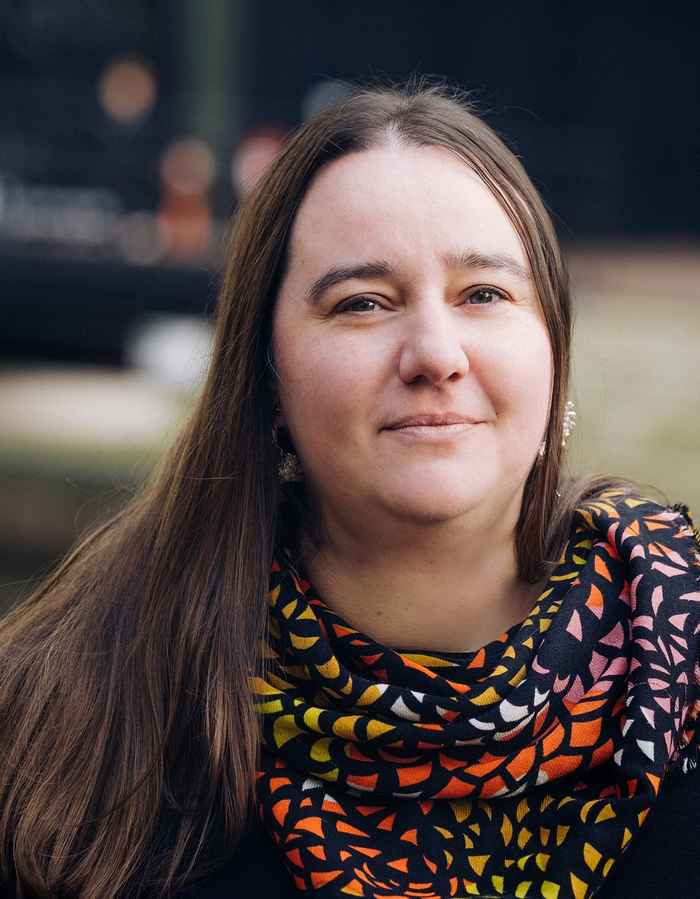Josephine Hoegaerts, Professor of Modern European Culture after 1800
18 January 2023

A central theme in Hoegaerts’ research is her interest in the view that what the middle class does is correct, healthy and normal, and that everyone should adapt to that. ‘I am interested in people who refuse to do that, or who are not so good at doing so’, says the professor. For example, she is concerned with the history of disability in Europe, and how disabled people are frequently prevented from being part of the middle class. ‘Interestingly enough, at the same time you see that limitations often bring out people’s creativity’, she says. ‘Stammerers, for example, often become very influential speakers.’
In recent years, Hoegaerts was principal investigator (PI) of the project CALLIOPE: Articulations of Parliamentary Identity and Empire, in which she focused on expectations and practices of political speech in the 19th century. She researched how newcomers to the parliaments of France and England – those coming from working-class families, for example, or from (former) colonies – adapted themselves to the conversational style and parliamentary culture, and the extent to which they also influenced them. In doing so, she combined methods from history, sound studies and musicology.
Local museums and European identity
As Professor of Modern European culture after 1800, Hoegaerts will focus on European culture in all its diversity, particularly in the fields of cultural history and literature. ‘The interdisciplinarity of European Studies at the UvA appeals to me greatly’, says Hoegaerts. ‘I am looking forward to the collaboration with fellow researchers, including those from the field of literary studies. I find the combination of cultural political history and a more artistic articulation very interesting.’
I want to investigate how debate is conducted in the public realm, and the extent to which that stems from a long cultural process.
The professor is planning, among other things, to build on her research into the history of parliamentary culture in Europe, and to link it to the present. Hoegaerts: ‘I want to investigate how debate is conducted in the public realm – for example, how we can disagree with each other politely – and the extent to which that stems from a long cultural process.' In addition, she will be researching, together with colleagues from other European universities, how local museums contribute to European identity. The ultimate objective is to create a virtual local museum of Europe. ‘One of the things that I am really looking forward to is to visit all kinds of village museums in the Netherlands, in order to see what they look like here.’
About Josephine Hoegaerts
Josephine Hoegaerts obtained her doctorate from KU Leuven in 2010 for her research into the history of masculinity in the 19th century. After that, she taught at, among other places, the University of Pennsylvania and KU Leuven, and she was (guest) lecturer at the University of Cambridge, University of the Aegean, Birkbeck College and the Leipzig Conservatory. From 2017 to 2022, she was affiliated with the University of Helsinki as Associate Professor of European Studies.
Hoegaerts’ publications include Masculinity and Nationhood, 1830-1910: Constructions of Identity and Citizenship in Belgium (Palgrave, 2014) and the anthologies Men, Masculinities and the Modern Career (De Gruyter, 2020) and Finnishness, Whiteness and Coloniality (Helsinki University Press, 2022). She is currently working on a book about the practices and politics of the voice in 19th century Europe.